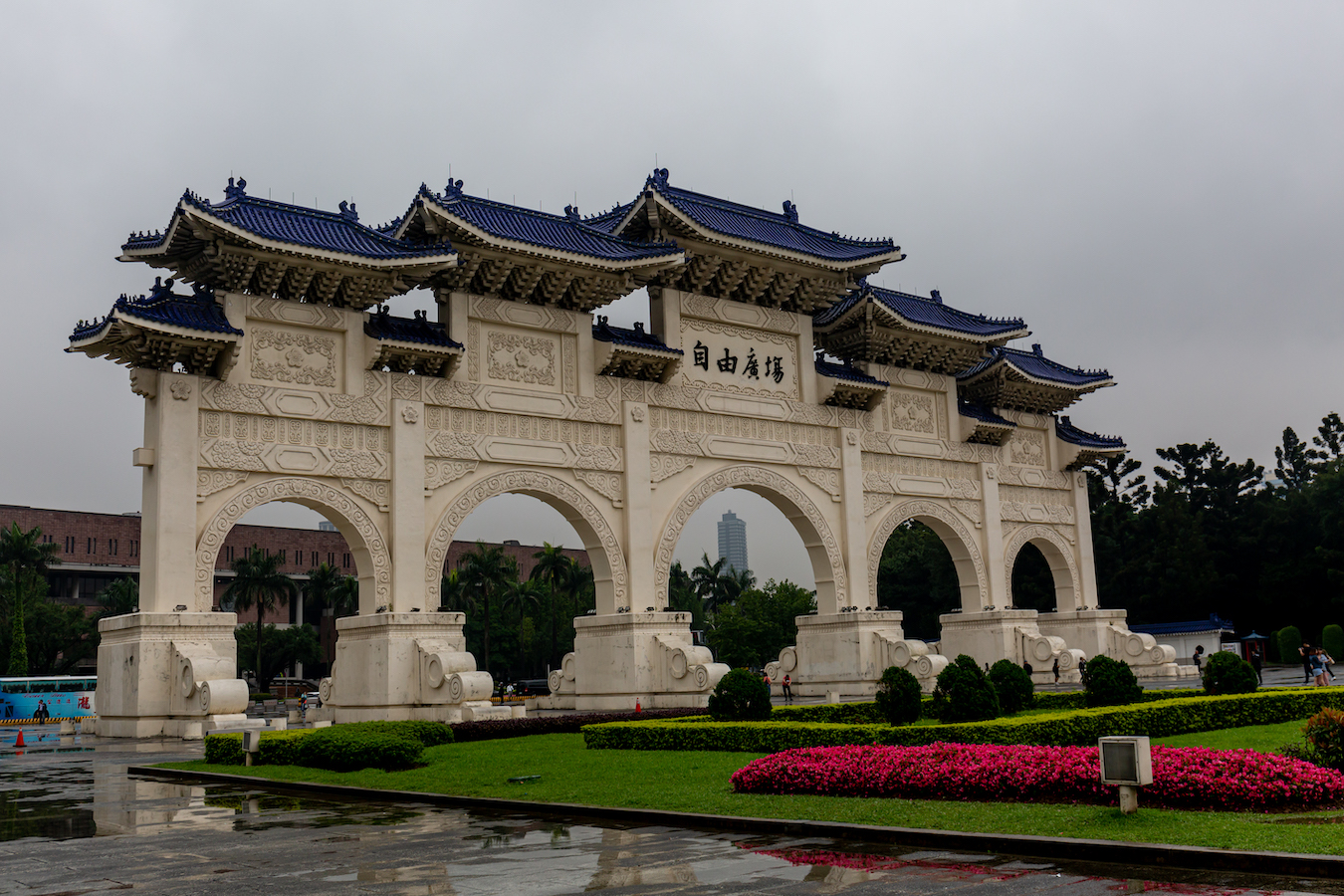by Brian Hioe
語言:
English
Photo Credit: Foxy Who \(^∀^)//WikiCommons/CC BY-SA 3.0
WHEN QUESTIONED in the legislature earlier this week, Minister of Transportation and Communications Wang Kwo-tsai said that according to government back-channels, Chinese group tours to Taiwan would not likely be resuming this year. This occurs even as tourism is expected to return to pre-COVID levels next year.
The Mainland Affairs Council (MAC) announced last month that Chinese tourism to Taiwan could resume, though it would limit the number of tourists to 2,000 per day. This would apply to Chinese residing, studying, or working in the Chinese mainland, Hong Kong, or Macau.
According to the MAC, however, there has been no response since then from China. Consequently, the MAC has framed it as a matter of the ball being in China’s court, but China deciding not to allow for this to take place. Indeed, Taiwan has remained notably absent from the number of places that the Chinese government has announced group tourism would be allowed to resume.
In a similar timeframe, one has seen the Chinese government refuse to allow Chinese students to study in Taiwan. Taiwan saw an explosion in the number of Chinese students studying in Taiwan under the Ma administration, going from around 800 students in 2008 to 42,000 in 2016, when Ma stepped down.
Nevertheless, in 2020, the Chinese government announced a ban on students seeking to study in Taiwan for college. As a result, close to four years later, the last Chinese college students will soon graduate.
One saw similar upticks in the number of Chinese tourists to Taiwan under the Ma administration. At its peak in 2015, Taiwan saw 4.2 million Chinese tourists, with Chinese tourists being the largest international tour demographic to visit Taiwan.
China began to decrease the number of Chinese tourists allowed to visit Taiwan after the Tsai administration took power in 2016, however, This would be a means of retaliating against the Tsai administration for refusing to accept Chinese claims over Taiwan.
Indeed, in 2019, individual Chinese tourism to Taiwan was banned altogether. The timing of this was deliberate, to take place shortly before 2020 elections. More broadly, during the heyday of Chinese tourism to Taiwan, the Chinese government sought to engender the political narrative that the Taiwanese economy had wholly become dependent on the Chinese economy.
To this extent, cutting off Chinese tourists was to convince members of the public that China could “turn off” the Taiwanese economy if it voted DPP. This was a way for China to try and push Taiwanese voters to vote for the KMT, as the political party that it would prefer to see in power.
Nevertheless, it is probable that this narrative–through framing the Taiwanese economy as wholly dependent on Chinese tourism–no longer holds. Namely, businesses that cater to Chinese tourists are relatively segregated from the rest of the economy.
Furthermore, in the wake of COVID-19, Taiwan saw no tourism whatsoever, not simply just an absence of tourism from China. However, the economy was able to hold on nonetheless. Indeed, Taiwan even saw growth in some sectors during this time, such as with regards to exports. It is possible that COVID-19 put to rest the framing from the Chinese government that the Taiwanese economy depended on tourism.
China is likely waiting to see the results of the Taiwanese elections before deciding whether to allow tourism to Taiwan to resume. If the KMT wins, this will be a political and economic reward, while China will maintain its ban as a means of punishment if the DPP retains power.
This is not the only economic measure by China aimed to coincide with elections. For example, the timing of an economic probe into Taiwanese imports is also timed to end after the Taiwanese elections, so China can decide which course of action to take. However, at the same time, by maintaining a ban on group tours to Taiwan, China removes one of the avenues by which it is able to influence Taiwan economically and politically, and it may, in fact, undercut itself through this.


